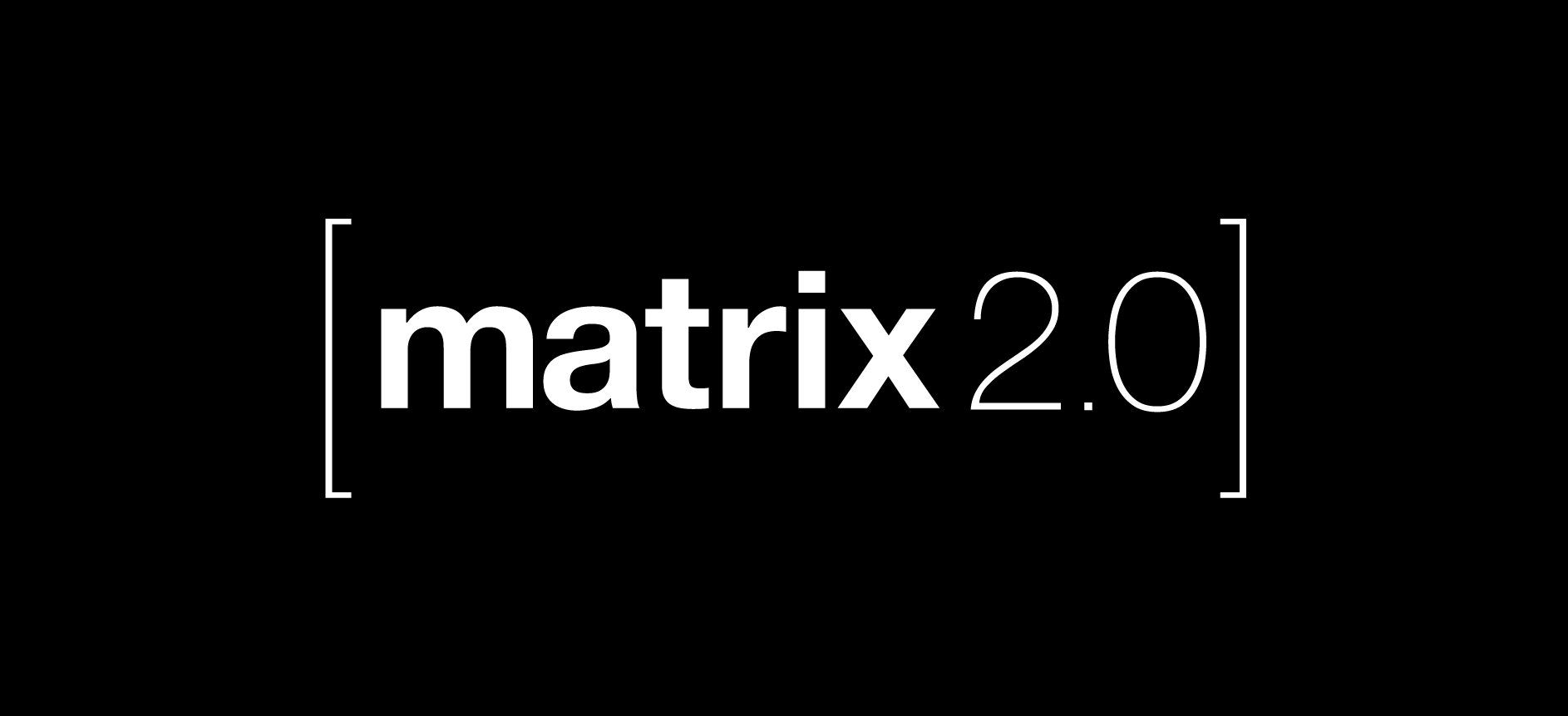- cross-posted to:
- linux_lugcast
- technology@beehaw.org
- cross-posted to:
- linux_lugcast
- technology@beehaw.org
cross-posted from: https://lemmy.world/post/5635914
Back at FOSDEM we announced the idea of Matrix 2.0 - a series of huge step changes in terms of Matrix’s usability and performance, made up of Sliding Sync (instant login/launch/sync), Native OIDC(industry-standard authentication), Native Group VoIP (end-to-end encrypted large-scale voice & video conferencing) and Faster Joins (lazy-loading room state when your server joins a room).
Now, we’re excited to announce that as of today everyone can start playing with these Matrix 2.0 features. There’s still some work to bring them formally into the specification, but we’re putting it out there for folks to experience right now. Developers: watch this space for updates on the spec front.
Practically speaking, this means there are now implementations of the four pillars of Matrix 2.0 available today which you can use to power a daily-driver Matrix 2.0 client. The work here has been driven primarily by Element, using their new Element X client as the test-bed for the new Matrix 2.0 functionality and to prove that the new APIs are informed by real-world usage and can concretely demonstrably create an app which begins to outperform iMessage, WhatsApp and Telegram in terms of usability and performance… all while benefiting from being 100% built on Matrix.



Because the uk government conceded that there is no current technology to scan communications without compromising encryption. And have relinquished forcing companies from adding backdoors “for now” without actually removing this provision for the law. Meaning they are leaving it to the regulator “ofcom” or future governments to decide when to request compromising encryption
and that’s why even Signal and WhatsApp who threatened pulling out of the UK, haven’t issued any recent statement after the adoption of this law
This “let’s just not enforce it” part combined with the silence by the main intermediatories like Element is exactly what makes it seem like there has been some backroom deal no one wants to openly talk about.